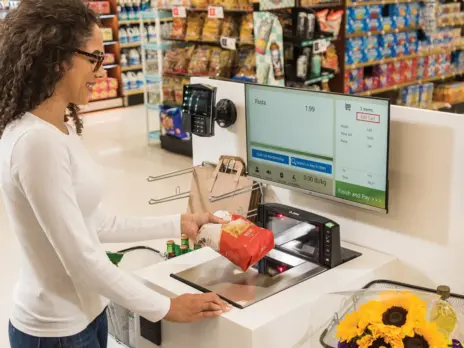There’s no shying away from it, buying Bitcoin is a risk.
In March 2013, one bitcoin cost just $40; a year later and the price is $667, hitting a peak of $1,151 over Christmas.
Who knows what’s going to happen next? Aficionados claim the currency will reach $10,000 by the end of 2014, but that’s looking wildly optimistic after the collapse of the world’s biggest Bitcoin exchange, Mt. Gox, last month.
On the other hand, with HMRC now having scrapped tax on the cryptocurrency, it might not be long before mass adoption. That will see the price drop hugely as people begin using it.
For those of you who think mining Bitcoin is just way too expensive (it really is), that will be the time to buy in.
For you others who are lucky enough to consider yourselves a little more flush, you may want to consider buying now, while the price is – admittedly relatively – low, then selling up when it inevitably hits another peak in value.
For all of you, here’s CBR’s guide on how to buy one.
(Bit)coins need a wallet
Before you do anything, you need to get yourself a wallet. A digital wallet – those coins are virtual, after all. This is what lets you send and receive bitcoins.
You can try bitcoin.org or others to get one, but all you need do is download what’s known as a Bitcoin client for your operating system, then click ‘new’ to install your wallet.
These electronic wallets are essentially a place to store your strings of letters and digits; your own personal keys to your bitcoins.
Just like when you lose your wallet in real life, if you misplace your virtual wallet, then your money’s lost too.
That’s why it’s important to make a note of your wallet’s web address, if you use one hosted in the cloud like blockchain.info , so you can get back to it if you delete your browsing history or something.
NB. Your wallet address is totally fine to share – in fact you need to if you want to receive any bitcoins: it’s the equivalent of an account number, rather than your PIN.
Get yourself to an exchange!
This is BY FAR the easiest way to get your hands on some bitcoins.
Exchanges have come under scrutiny recently following the closure of Mt. Gox, which is widely believed to have lost several hundred thousand bitcoins to hackers.
But the industry view is largely that this was Mt. Gox’s fault, and other exchanges are safe.
Their main use, of course, is for people to swap fiat currency for Bitcoin. You can give exchanges like X, Y and Z your sterling and, when you want, they will send the requested sum in bitcoins to your wallet.
How does an exchange work?
Exchanges basically match up buyers and sellers of Bitcoin.
It pairs a buyer and seller when it spots that each party’s conditions are met by the other, so if Alex wants to buy two bitcoins and Ned wants to sell two bitcoins, Alex and Ned are paired together.
That’s pretty simple.
What’s not quite as simple-sounding are the concepts of limit orders and market orders, but don’t worry – they’re not that scary.
A limit order allows a trader to buy bitcoins at less than market value, or to buy them at more than market value.
The latter, market orders, will simply match together the most similar limit orders – which is just pairing up a buyer and seller as in our example of Alex and Ned.
Beware – how not to lose your money
Bitcoin transactions are irreversible (from the sender’s side)
Make sure you only transact with people and businesses you trust: once the money’s sent, it can only be refunded by the person who receives the coins.
It’s not anonymous
Blockchain.info acts as a virtual public ledger, tracking all transactions, including their origins and destinations. This is good, but be careful not to let personal information slip out during a transaction or everyone will see it!
There’s no regulation
That means there’s no guidelines or best practice for exchanges. That doesn’t mean they’re all dodgy or anything, but you should try and do your research before plumping for an exchange.






